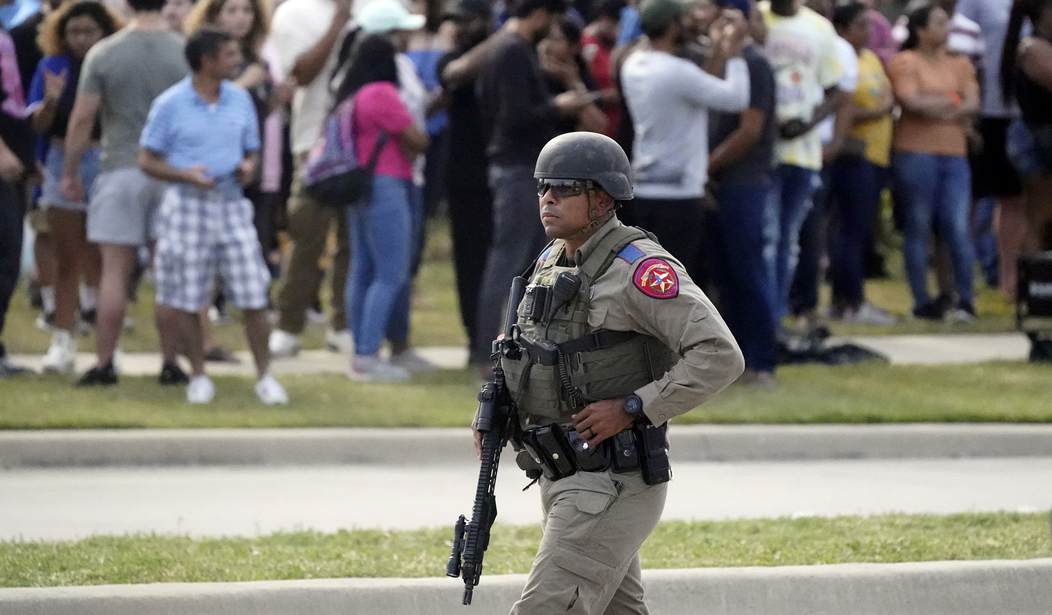Why?
We’ve seen way too many mass shootings this year–though, in fairness, even one is too many.
The latest in Allen, Texas will be occupying a lot of time in the coming days and weeks. Potentially, at any rate.
Through it all, though, the question we all need to be asking is, “Why?”
Usually, though, no one asks. One publication did, but the answers they got are…varied.
Over the first four months and six days of this year, 115 people have died in 22 mass killings — an average of one mass killing a week. That includes the bloodshed Saturday at a Dallas-area mall where eight people were fatally shot.
The total represents the highest number of mass-killing deaths this early in the year since at least 2006, an Associated Press data analysis shows, and the deaths were already happening at a record pace before the horror unfolded in Texas.
Experts point to a few contributing factors: a general increase in all types of gun violence in recent years; the proliferation of firearms amid lax gun laws; the effects of the coronavirus pandemic, including the stress of long months in quarantine; a political climate unable or unwilling to change the status quo in meaningful ways; and an increased emphasis on violence in US culture.
Such explanations are little comfort not only to the families ripped apart by the killings but to Americans everywhere who are reeling from the cascading, collective trauma of mass violence.
I respect the hell out of First Post for both asking the question and acknowledging that none of this debate really does much for those who have lost someone.
I won’t agree with everything in the post, but I respect them for those two things.
The problem, though, are the so-called experts they spoke with.
See, I have to question the expertise of anyone who claims that mass shootings are because of the “proliferation of firearms amid lax gun laws.”
The reason is that when you look at NICS numbers, which we use as a proxy for gun sales figures in general, we see that year over year, we see greater and greater gun sales, yet during that time we saw fewer and fewer violent crimes in general. The number of mass shootings was also fairly constant across most of that time, which shouldn’t have been the case if lax gun laws were to blame.
Unless, of course, gun laws suddenly became more lax.
However, that doesn’t hold up to any scrutiny. After all, there haven’t been any major, sweeping changes in federal gun control laws in the most recent years.
The problem here is that some of these so-called experts aren’t really experts. They’re partisan hacks masquerading as unbiased specialists. Their goal is to paint a picture that leads to gun control passing and mass shootings are just a handy reason for such a thing.
If we’re going to solve this issue–and I think we need to badly for obvious reasons–we have to leave aside this nonsense of partisan handwringing and focus on the underlying causes. There is a solution to this. We just have to quit arguing over things that won’t make a difference and look for it.
Read the full article here





